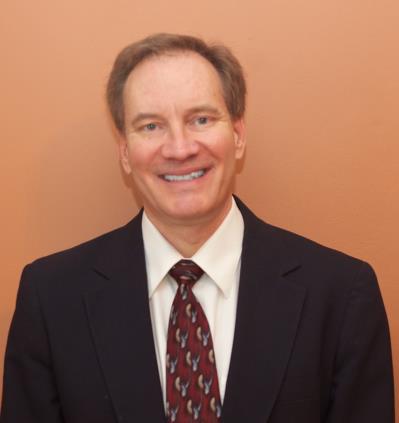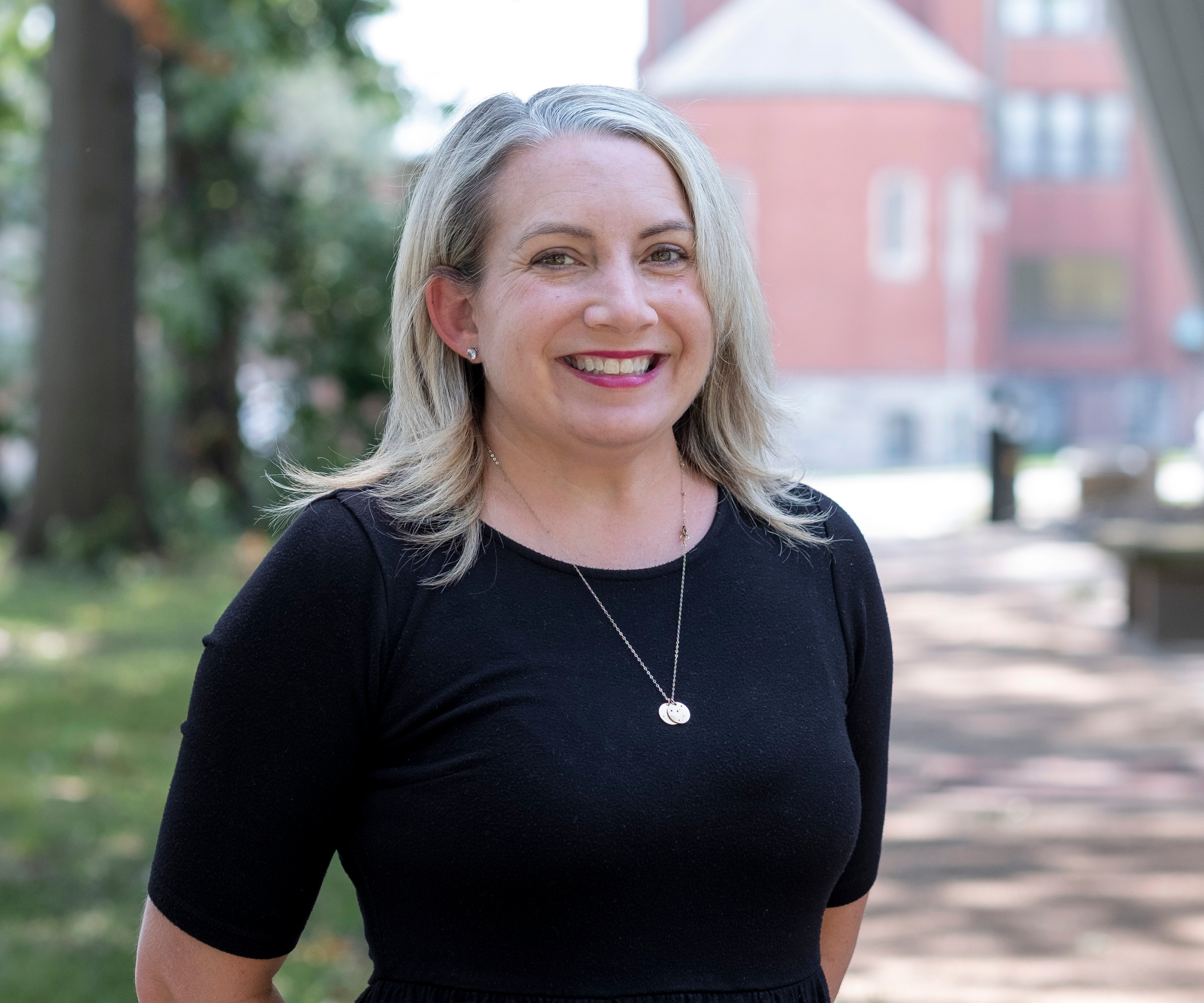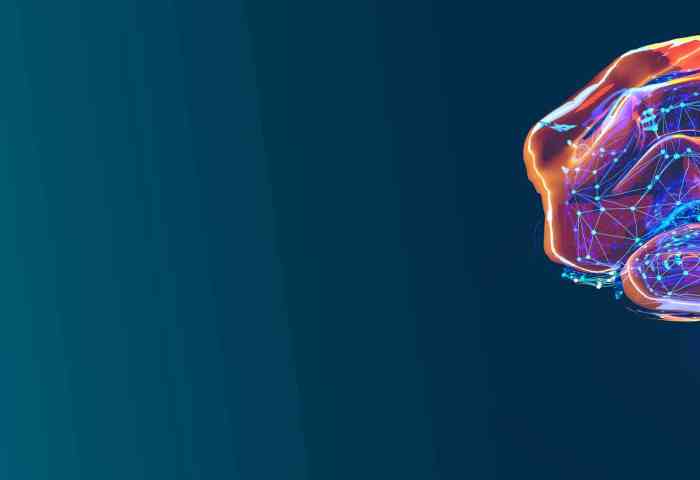Get started with UMSL
Apply hereBachelor of arts
Immerse yourself in a rigorous, challenging and fully online psychology degree program from the University of Missouri-St. Louis (UMSL). This research-focused bachelor of arts introduces you to the theories and principles behind human behavior while preparing you to gather data and make evidence-based decisions.
This program is offered in collaboration with the Department of Psychological Sciences at the University of Missouri-Columbia (Mizzou). It introduces you to multiple psychology subdisciplines, trains you to go beyond opinion and speculation, and rests on a complex liberal arts foundation. Get ready to pursue several paths post graduation — from entering a behavior-centric field to applying to an applied psychology or human services graduate program.
About the collaborative online bachelor’s in psychology
Research influences the field of psychology, from treating patients and clients to understanding the factors shaping human behavior. This collaborative online bachelor’s in psychology centers around critical thinking, applied statistics, and quantitative and qualitative methods, and exposes students to diverse related career paths. Learn to observe people, conduct patient evaluations and assess mental health disorders.
Those taking this track prepare to design research, analyze data and interpret their findings while structuring their degree around offerings from Mizzou’s and UMSL’s highly regarded psychology departments.
Challenge yourself, and explore psychology’s applications to ignite your career:
- Transform what you know about the human mind, behavior and mental health
- Strengthen your foundation in research, critical thinking and the scientific method
- Familiarize yourself with psychological theories and trends to write and speak about complex behavioral concerns
- Prepare to use data analysis and research to evaluate human behavior
- Get introduced to psychology’s many applications and subfields, including child and lifespan development, workplace psychology, counseling and mental health
- Gain a more nuanced understanding of human relationships and development
- Deepen your commitment to supporting diverse clients and groups
- Start to develop an understanding of the field’s professional ethics, including how power and privilege may influence research, community relationships and client interactions
Quick facts
Official name
Bachelor of arts in psychologyCampus
Program type
Bachelor's degreeAcademic home
College of Arts & Sciences | Department of Psychological SciencesDelivery mode
100% onlineAccreditation
Higher Learning CommissionCredit hours
120Estimated cost
$57,600.00*This cost is for illustrative purposes only. Your hours and costs will differ, depending on your transfer hours, your course choices and your academic progress. See more about tuition and financial aid.

Career prospects
Psychology majors acquire a range of broadly applicable skills, including critical thinking, statistical analysis, scientific methodology and written communication. Based on the credential they seek to attain, students often start their careers in social services, management, business, communications, human resources, education, law enforcement or research, or pursue graduate studies in applied psychology, social work, counseling or a related area.
For those holding a bachelor’s, potential job titles include:
- Activities director
- Alumni relations specialist
- Career counselor
- Child development specialist
- Corrections/probation/parole officer
- Public relations representative
Program structure
The collaborative online bachelor’s in psychology involves 30 credit hours. Students learn entirely online, selecting subjects from both Mizzou and UMSL, and complete a capstone course. Students must take both parts of the research sequence at the same campus.
For the 30 credit hours of psychology requirements, distribution courses split across two areas make up 12 credit hours. These areas include:
Clinical/social/development: Delve into the processes and outside factors behind individual thoughts, feelings and behaviors, including cultural, biological and lifespan influences. Understand how these aspects shape mental health evaluations and diagnostic procedures.
Cognitive/neuroscience: Envision the mechanisms of the mind in more detail and the role experiences play in behavior patterns.
Course work includes
The core for the online bachelor’s in psychology goes over:
- Human behavior theories, principles and methods
- Careers available in the psychology field
- The statistical foundation of quantitative analysis
- Research methods and scientific reasoning in psychology
Review all requirements for the online bachelor of arts in psychology.
Delivery
100% onlineCalendar system
SemesterTypical program length
4 yearsTypical course load
3-4 courses per semesterAccreditation
The University of Missouri-St. Louis accredited by the Higher Learning Commission, one of six regional institutional accreditors in the United States.
Faculty spotlight

Dr. Michael Griffin's research interests lie in the interconnection between psychology and biology (psychobiology), in particular, the connection between psychological events and biological alterations. His specific research interests are primarily in the area of posttraumatic stress disorder (PTSD) and the biological alterations associated with this disorder. He is also interested in studying psychophysiological and psychoendocrine changes that occur following exposure to highly traumatic events like sexual and physical assault.

Amanda Bequette offers course work in applied psychology of child advocacy studies focusing on child advocacy, childhood traumatic stress and communication in child advocacy. Dr. Bequette also assists students with career and graduate school planning in the Advising Office.
During her doctoral study, she supported research projects focused on defining infidelity and assessing the function of self-esteem and its relationship to health behaviors. She provided support for CDC-funded projects in community preparedness and health communication. As a research faculty at the Missouri Institute of Mental Health (MIMH), she wrote and evaluated federal and local grant-funded projects supporting mental health programming, early childhood social and emotional health programming, child advocacy and training in child-traumatic stress and trauma-informed programming.
She has served as a trainer at MIMH, is a member of the St. Louis Regional Suicide Prevention Coalition and is an equity advisor supported by the University of Missouri-St. Louis Advance Project.
